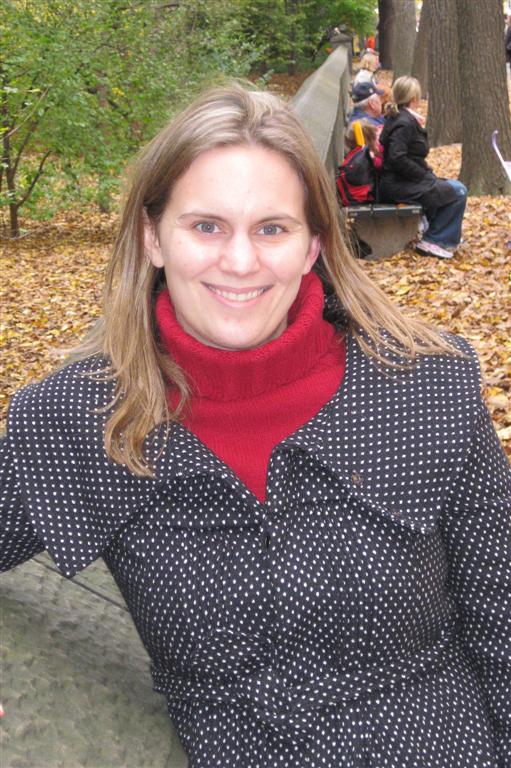

Assistant Professor
Stewart Biological Sciences Bldg.
Room W7/3J, 514-398-3856
melanie.dirks at mcgill.ca
Research Summary
My research focuses on developing our theoretical understanding of youth social competence, and working within this framework to advance understanding of the role of interpersonal behavior in the onset and maintenance of youth psychopathology, with a focus on internalizing symptoms. Funding from CIHR, SSHRC, and the FQRSC have allowed me to pursue projects examining (a) the longitudinal associations among internalizing symptoms, youths' responses to peer aggression, and their experience of victimization; (b) social information-processing patterns associated with internalizing symptoms in a sample of clinically referred youth; and (c) the effectiveness of different strategies youth use to respond to peer aggression.
Dirks, M. A., Suor, J. H., Rusch, D., & Frazier, S. L. (In press). Children's responses to hypothetical provocation by peers: Coordination of assertive and aggressive strategies. Journal of Abnormal Child Psychology.
Dirks, M. A., Treat, T. A. & Weersing, V. R. (2014). Youth responses to peer provocation: Links to symptoms of anxiety and depression. Journal of Psychopathology and Behavioral Assessment, 36, 339-349.
Dirks, M. A., De Los Reyes, A., Briggs-Gowan, M., Cella, D., & Wakschlag, L. S. (2012). Embracing not erasing contextual variability in children’s behavior: Theory and utility in the selection and use of methods and informants in developmental psychopathology. Journal of Child Psychology and Psychiatry, 53, 558-574.
Dirks, M. A., Treat, T. A., & Weersing, V. R. (2010). The judge specificity of evaluations of youth social behavior: The case of peer provocation. Social Development, 19, 736-757.
Dirks, M. A., Treat, T. A., & Weersing, V. R. (2007). Integrating theoretical, measurement, and intervention models of youth social competence. Clinical Psychology Review, 27, 327-347.
Updated: October 2014
Back to Graduate
Program